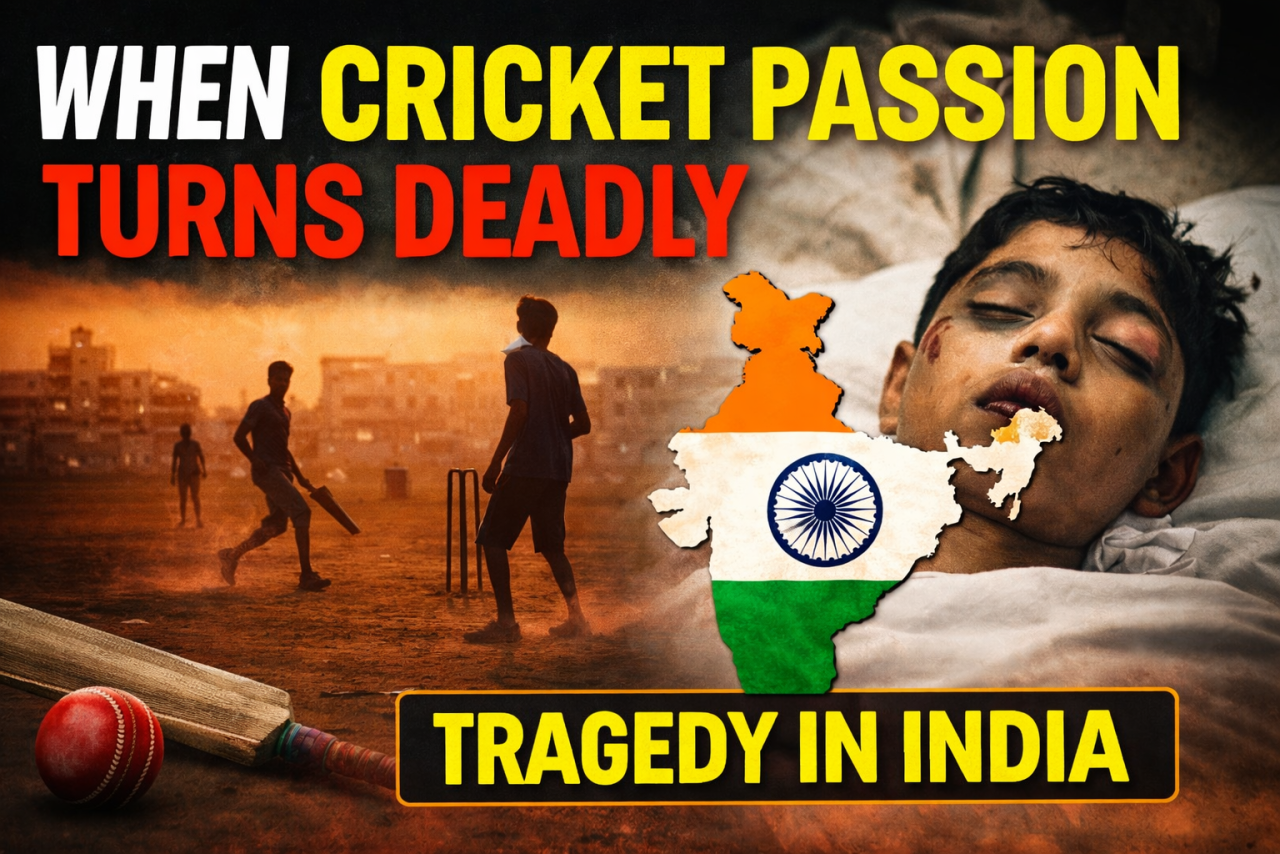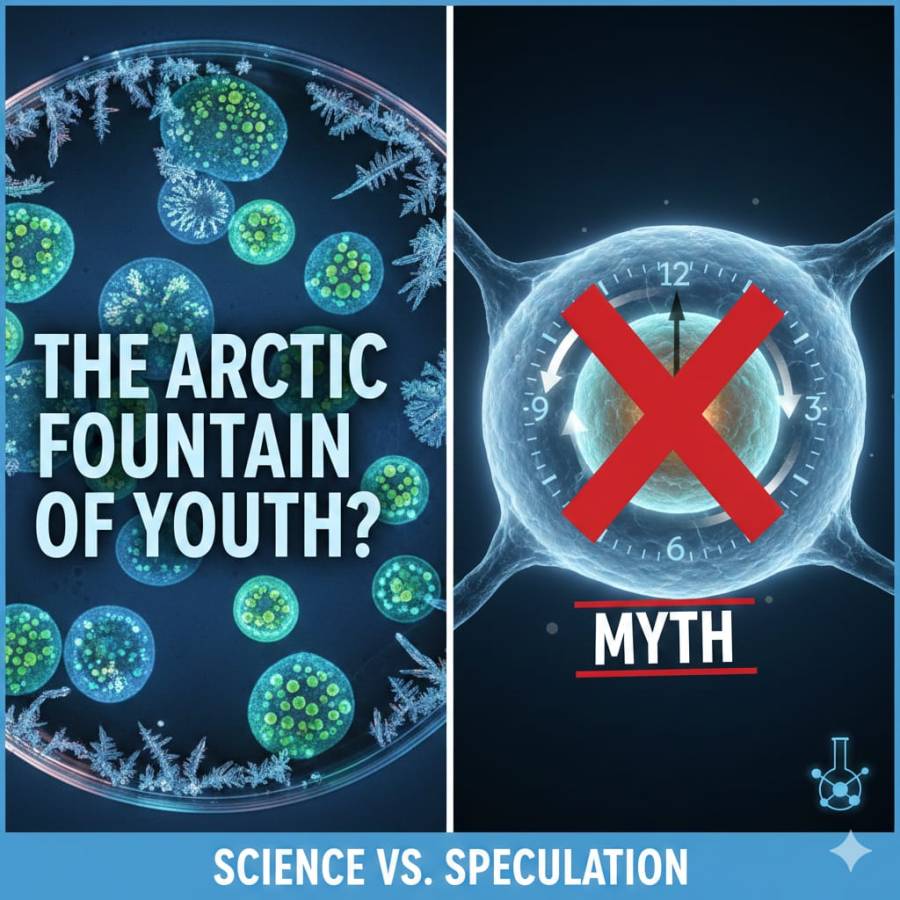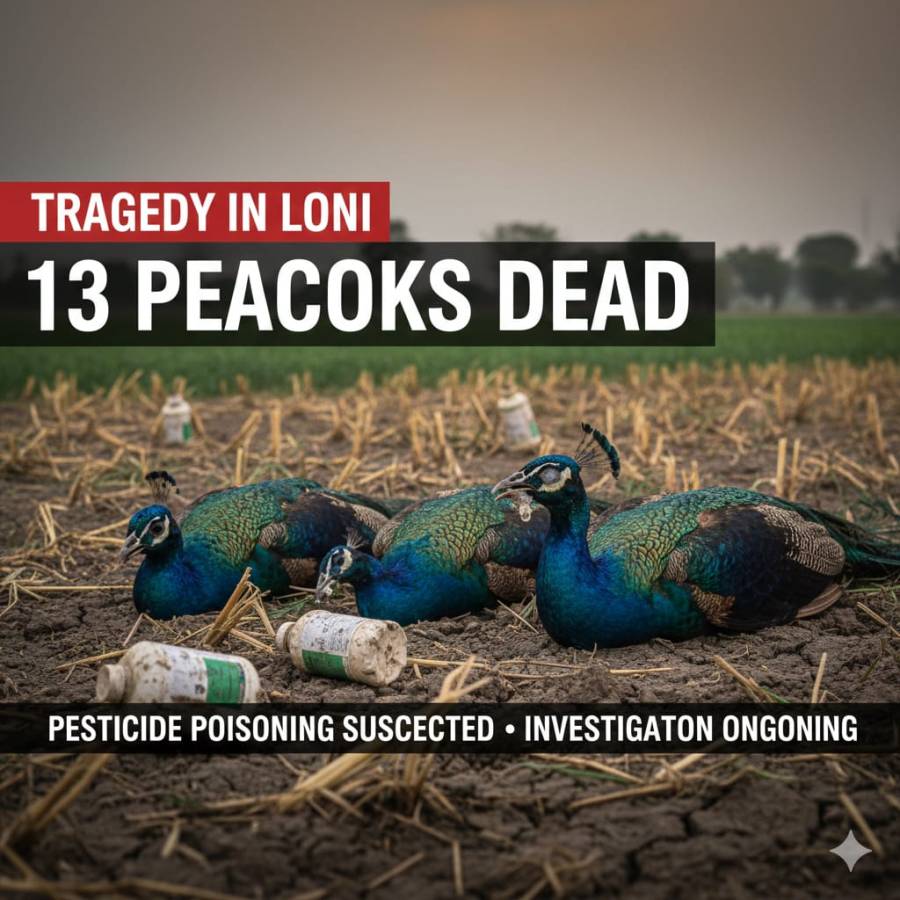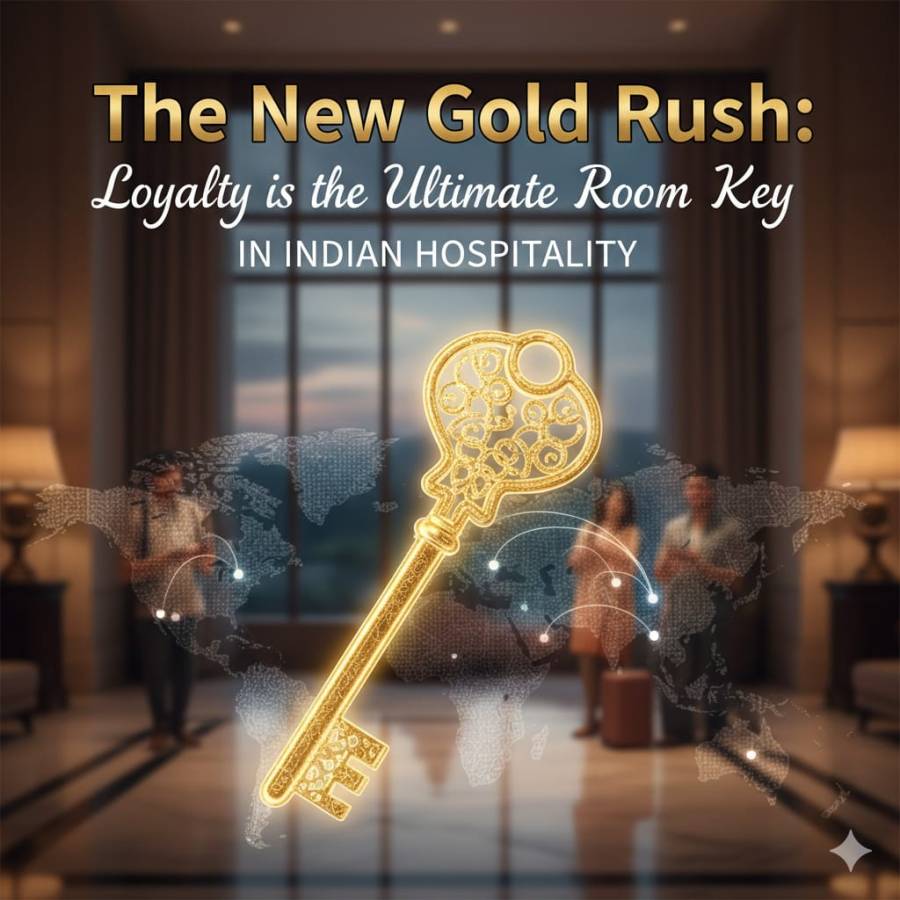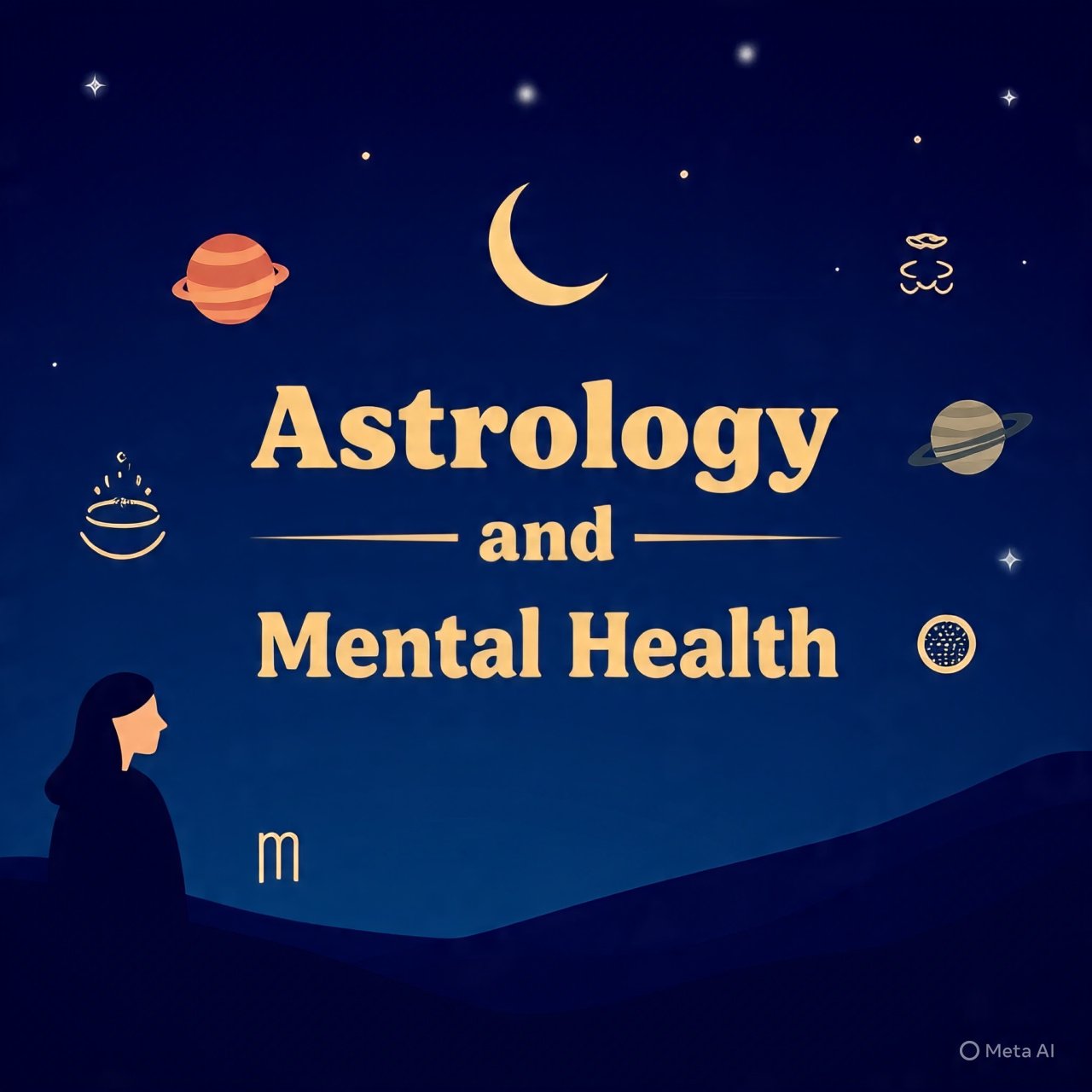
Astrology has transformed in recent years from a mystical curiosity to a psychological tool for many people seeking clarity about their mental and emotional lives. While traditional medicine continues to dominate the conversation around mental health, astrology has gained unexpected relevance, especially among younger generations looking for deeper self-understanding. According to Google Trends, searches related to astrology and mental health have increased by over 45 percent globally since 2020, signaling a growing cultural interest in the stars as guides to the inner world.
The rise of astrology as a mental health ally does not mean people are abandoning science or therapy. Instead, many are using astrology to complement modern psychological tools, not to replace them. A 2023 report from the American Psychological Association noted that 36 percent of people between the ages of 18 and 30 have used alternative methods such as astrology alongside therapy. These individuals reported that astrology helped them reflect on personal struggles and make sense of emotions that traditional methods did not fully address.
At the heart of astrology’s appeal lies the birth chart, a snapshot of the sky at the exact time and place of someone’s birth. Astrologers interpret this chart to explain personality traits, behavioral patterns and emotional tendencies. For example, someone with the Moon in a water sign like Pisces may naturally absorb others’ feelings, making them more emotionally sensitive and vulnerable to anxiety or depression. Although this interpretation does not equate to a diagnosis, it gives people a narrative to explore their inner world without judgment.
Astrology offers timing frameworks that can guide people through difficult periods. In Vedic astrology, planetary periods known as dashas indicate which planets influence a person’s life at any given time. If someone enters a Saturn dasha and begins to feel isolated, overworked or emotionally exhausted, the chart can provide reassurance that this phase is temporary and serves a purpose. Many people find relief when they realize that their struggles align with a larger cosmic pattern. This sense of timing does not promise solutions, but it gives people context and emotional preparation.
Another concept that links astrology with mental health is the Saturn return. This event occurs around ages 29, 58 and 87, when Saturn returns to the same position it held at birth. It marks a major transition, often involving responsibility, career shifts or personal crises. Mental health professionals frequently observe a spike in therapy consultations during this time. People in their late twenties report feeling lost, uncertain and pressured to find direction. Astrology describes this phase as a necessary process of maturation and restructuring. Knowing this cycle exists can help someone feel less alone and more equipped to cope.
One unique strength of astrology is its use of symbolic language that avoids medical labels. Instead of categorizing someone with a disorder, astrology uses planetary archetypes to describe emotional tendencies. A person may resonate with descriptions of a restless Mercury, an intense Scorpio Moon or a disruptive Uranus influence. This symbolic approach can help individuals name their emotions without feeling pathologized. For those who feel misunderstood by clinical terms, astrology provides a gentler and more human language to understand their inner life.
Social media has amplified astrology’s presence in the mental health space. Influencers now offer daily affirmations, full moon rituals and cosmic check-ins that encourage followers to reflect and stay grounded. A 2024 Pew Research Center survey found that 28 percent of American adults believe astrology is at least somewhat scientific. Among those who follow astrology online, over half said it helped them manage stress, explore emotions and build better routines. Although these practices are not substitutes for therapy, they create accessible tools for self-care and emotional awareness.
Critics often argue that astrology lacks scientific validity and should not be considered a legitimate method for addressing mental health issues. This criticism is valid when astrology is used to avoid therapy or ignore medical advice. Astrology cannot and should not replace licensed counseling or psychiatric treatment. However, when used responsibly, it can become a valuable complement that helps people connect the dots in their emotional experiences. Just like music, religion or storytelling, astrology can serve as a psychological mirror that reflects back what someone already knows deep down.
Licensed therapists now acknowledge their clients’ interest in astrology and incorporate its language into sessions. They may not use astrology to diagnose or treat, but they allow clients to share their beliefs without fear of dismissal. This approach fosters openness and trust. A 2022 study published in the Journal of Alternative Therapies noted that therapists who acknowledged clients’ spiritual or astrological beliefs reported better rapport and deeper conversations about identity, trauma and resilience.
Astrology offers more than predictions. It offers perspective. It allows individuals to see themselves as part of a larger pattern that unfolds across time. For someone battling anxiety, burnout or confusion, it can feel comforting to know that even chaos follows a cosmic rhythm. Astrology does not cure mental illness, but it opens the door to self-inquiry and emotional storytelling. In a world where people often feel disconnected and overwhelmed, finding meaning in the stars can feel like coming home to yourself.
The future of astrology in mental health will depend on how well it is integrated with ethical, informed, and science-based care. As long as it remains a tool for insight rather than a shortcut to avoid therapy, astrology will continue to light the way for those navigating their inner storms. The stars may not hold all the answers, but they still invite us to ask better questions.



